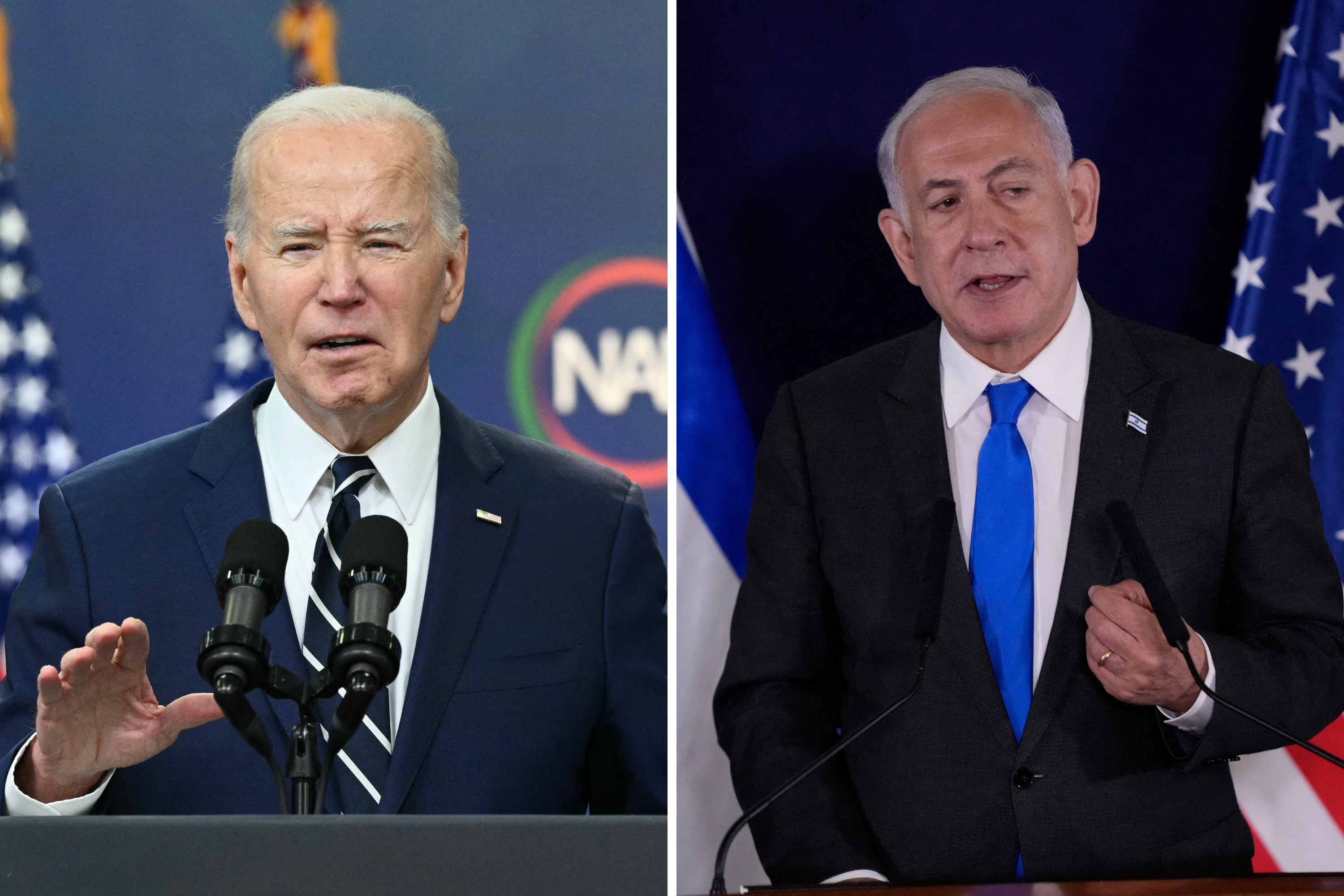When Boko Haram's violence broke out 12 years ago this week, a mile from my family home in Maiduguri, northeast Nigeria, none of us even began to imagine the sheer horror we were about to suffer. That friends with whom we grew up, neighbors with whom we had lived alongside and acquaintances with whom we had mingled daily would turn against us and facilitate the slaughter of 35,000 innocent people with absolute ruthlessness—it was simply unthinkable. But these terrorists have done worse. The complex humanitarian crisis triggered by Boko Haram has killed an estimated 350,000, 90 percent of whom are children under 5, and counting.
The hatred that birthed this terrible carnage didn't gallop in overnight. It took years of meticulous recruitment and radicalization by ideologues who embedded themselves in local social, religious and political circles, gradually transforming Islamic institutions into vessels for radicalizing young Nigerians. They manipulated Islam, contorted history and capitalized on socioeconomic grievances and vulnerabilities to indoctrinate young people to vilify "others" with inexplicable intensity, and to embrace killing and destruction as a divine project.
It is governments' and policy makers' failure to understand and confront what accounts for Boko Haram's rise and overall resilience that is sustaining the group's insurgency to this day. This is what I highlight in a new report for the Tony Blair Institute for Global Change, which draws on my experiential knowledge, but also on exclusive evidence including interviews with friends and associates of the founders and ideologists. It sets out why lessons should be learnt to counter other insurgencies in Africa and beyond. Contexts may differ, but overarching themes do exist.
Inspired by Al-Qaeda's September 11 attacks on the United States, radical activists in northeast Nigeria sought to establish a group with a similar ideology and objectives. They wanted to rid their domain of "un-Islamic" institutions and ideas and supplant them with their interpretations of Islamic ones, setting out on an aggressive grassroots radicalization campaign that strategically targeted rural, unemployed or uneducated populations. Boko Haram founders' sensational preaching sessions, using Arabic literature translated into local languages and idealized history of Islam and Islamic societies served as a primary source of education for their mainly monolingual audience.
There were many factors that fertilized the soil for this vicious ideology. Years of disenchantment with military dictatorship and corrupt politicians provided a market for the terrorists' message. A long history of anti-Western and anti-establishment sentiment became fodder, and poverty, inequality and unemployment were weaponized. State repression and brutality by the police, which is often the only representative and symbol of state power in rural West Africa, were regularly seized upon. Slowly but surely, Boko Haram rolled out a successful grassroots radicalization program that swayed thousands of ordinary people.
While its founders were inspired by groups and ideologues from the Middle East whom they copiously referenced, theories that Boko Haram founders trained outside Nigeria, and that the group kickstarted with a €3 million grant from Osama bin Laden are completely unfounded. However, if not for Al-Qaeda's assistance in cash and weapons, Boko Haram would probably not have survived the blow it suffered in July 2009, when hundreds of members, including its first leader and main ideologue, Mohammed Yusuf, were killed by Nigerian security forces.

By the time Boko Haram pledged allegiance to the Islamic State in Iraq and Syria (ISIS) in 2015, it already had a decade and a half of experience, a third of which was on the battlefield. What ensued was a marriage of convenience in which ISIS boosted Boko Haram's capacity, while Boko Haram rebranded as Islamic State West Africa Province (ISWAP) to feed ISIS' global propaganda. Initial remote theological and operational instructions and financial assistance were followed by physical training in Lake Chad, and recently in Libya.
With ISWAP using a "stick and carrot" approach to expand its influence in the quadripartite border of Nigeria, Niger, Chad and Cameroon, ISIS sees it as a successful model and is intent on employing the same playbook across Africa. From the Sahel to Mozambique, DR Congo to Somalia, ISIS has recruited locally rooted partners in an adhocratic arrangement. ISIS has transformed into a "gig terrorism" platform, bringing together groups with a similar ideology and objective, but completely different—even contradictory—modes of operation.
As ISIS affiliates grow and expand across Africa, their devastating socioeconomic impacts are not just confined to their host countries, where thousands are killed and hundreds of thousands are displaced annually, spiking irregular migration to the West. While orchestrating direct attacks on the West from Africa may be unlikely, violent extremists' consolidation will increasingly threaten Western diplomatic and commercial interests in the region. African jihadists' passionate hatred for the West and its values is well documented, and past incidents like the bombings of American embassies in Kenya and Tanzania as well as recent ones like the attack on a French oil company in Mozambique are but two reprehensible examples among many.
Security efforts to confront violent extremist groups are necessary and urgent—and the West is a vital partner in this. But military might can neither address the ideology nor the socioeconomic factors upon which it thrives. Focusing on the violence—which is only the symptom—without understanding and targeting the underlying causes is like scooping water from an overflown bath while the tap is left gushing. Boko Haram's 12 years of gruesome activity demonstrates that just as the journey to radicalization was a long, meticulous process, so must be the efforts to counter it.
Bulama Bukarti is a senior analyst in the Extremism Policy Unit of the Tony Blair Institute for Global Change, where he focuses on violent extremist groups in sub-Saharan Africa.
The views expressed in this article are the writer's own.
Uncommon Knowledge
Newsweek is committed to challenging conventional wisdom and finding connections in the search for common ground.
Newsweek is committed to challenging conventional wisdom and finding connections in the search for common ground.
About the writer
To read how Newsweek uses AI as a newsroom tool, Click here.






